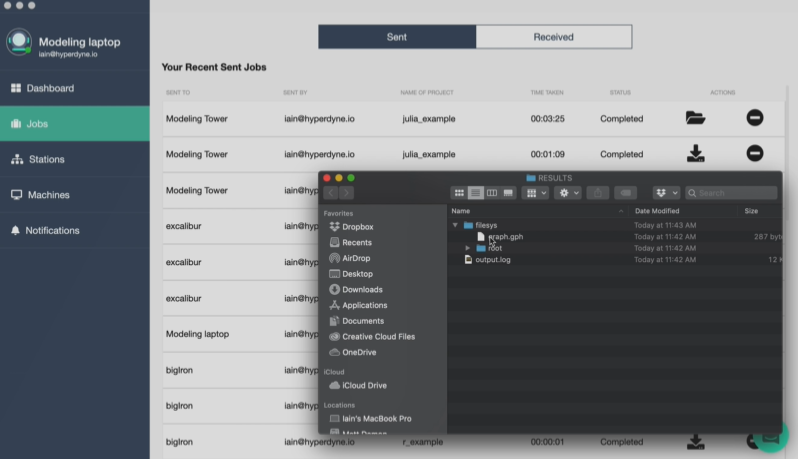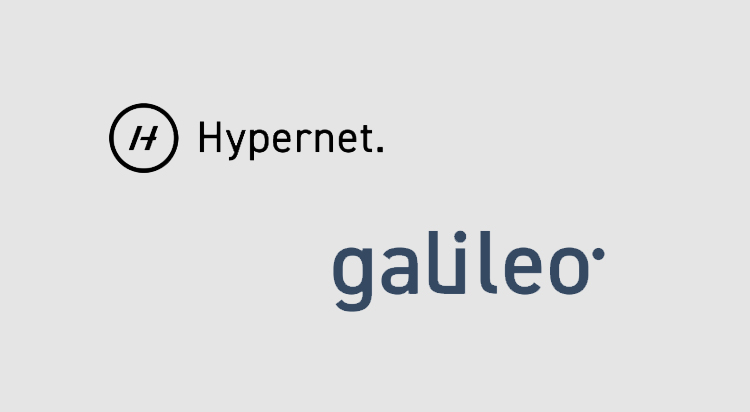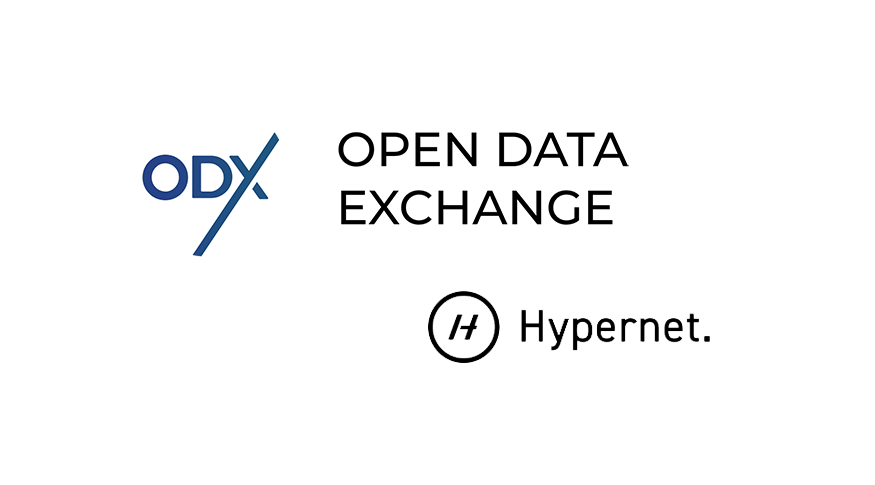Hypernet, a blockchain-enabled marketplace to securely buy and sell computing power from any device, has announced the launch of Galileo, a universal solution for distributed computing.
Galileo is a portal to Hypernet through which the world’s computing power will be accessed. The Galileo app advances the Hypernet mission of democratizing the means of discovery and technological progress.
The tool can be leveraged by engineers, researchers, and data analysts, who can now simply drag and drop their code to access remote computing resources. It helps to automate development operations by eliminating the need for an extensive, complicated, and time-consuming cloud setup.
“With Galileo we want to immediately upskill your entire team by eliminating the need for specialized knowledge to access compute power through a fast and easy-to-use platform. This allows people to spend minutes, rather than weeks, accessing required computing power. In terms of accessibility and usability, Galileo and Hypernet do for cloud tools and distributed computing what the desktop and mouse did for the operating system and PC revolution.”
– Ivan Ravlich, Project lead and co-founder at Hypernet Labs
The concept of a global decentralized supercomputer was introduced with the arrival of Ethereum. Hypernet’s goal is to make this a functional reality for the purposes of all compute-intensive work (data analysis, AI/ML, simulation, rendering). As an extremely useful technical innovation, Galileo helps drive the widespread adoption of blockchain technology.

Features of Galileo’s First Real-World Applications
- Dam breach analysis for dam safety – Engineers in hydrology and hydraulics have used Galileo for hundreds of hours of runs.
- Bio-Life Sciences – a researcher used Galileo to render 60GB of data and produce 3D imaging of the simulated effects of air pollution inside the lungs.
- Market Analysis – a market analyst built an algorithm to predict currency markets and used Galileo for data analytics, achieved 60% accuracy.
- Social Sciences – a legal scholar and anthropologist used Galileo for quantitative comparative country studies of the effects of specific laws.
- Space Exploration / Video Rendering – a plasma rocket company used Galileo to process 3D 4k renderings of their proof of concept ships.
Galileo Benefits
Galileo enables users to scale up their compute resources in minutes with no setup:
Easily access remote computation machines, on and off-premises
- Users can simply drag and drop project folders onto office workstations or cloud devices they control and run remotely immediately.
- View all jobs in progress on each machine.
- An improvement over Remote Desktop and SSH: multiple users can now run different jobs in one machine simultaneously.
Automate deployment of computing jobs and script against the Galileo engine
- Parallel computational workloads on one or many machines.
- Easy-to-use SDK to deploy hundreds or thousands of runs for sensitivity analysis or full-blown Monte Carlo simulations.
Run securely and privately
- By default, no one can run on a user’s machine. If a user wants friends or colleagues to be able to run on their machine, they can invite them and set permissions.
- Secure communications: HTTPS, WSS. All communications hashed (256-bit SHA3) and signed (2048-bit RSA, RSASSA-PSS).
- End-to-end encryption: AES-CTR (256-bit key, 128-bit unique counter block).
Work smarter with collaborators — shared project folders
- Share data sets, models, and results using any network drive or major cloud storage provider.
- Easy management of large datasets: avoid transferring and copying large projects and results from files on every deployment, and start running remotely immediately.















